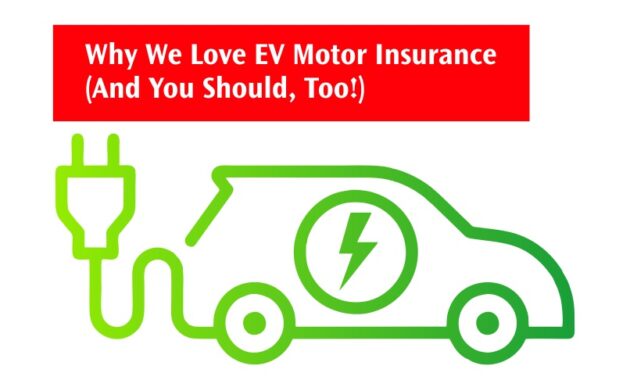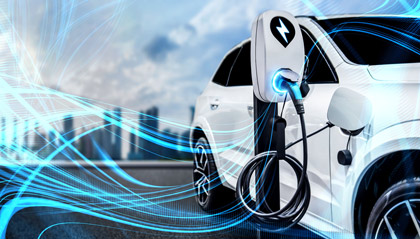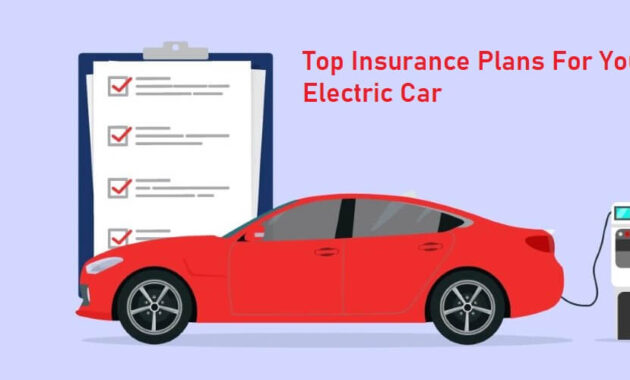Electric vehicles (EVs) are changing the way we drive, save money, and protect the environment. As more people make the switch to electric cars, one question becomes increasingly important: how does insurance work for electric vehicles? While EVs share many similarities with traditional vehicles, there are key differences when it comes to insuring them.
This comprehensive guide covers everything you need to know about electric vehicle insurance before you buy, from what impacts your premium to the types of coverage available and how to save money on your policy.
Why Electric Vehicle Insurance Matters

Electric vehicles are technologically advanced, eco-friendly, and cost-effective over time, but they also come with unique insurance needs. Understanding those differences helps you protect your investment and avoid unexpected costs.
The Cost of Replacing EV Parts
EVs often use specialized parts like lithium-ion batteries, which are more expensive to repair or replace than traditional internal combustion engine (ICE) parts.
Specialized Maintenance and Repairs
Because EVs require service from trained technicians and specialized repair facilities, insurers take that into account when pricing premiums.
Higher Vehicle Value
Electric vehicles, especially new models, tend to have a higher upfront cost, which can translate to higher insurance rates if not properly managed.
How Electric Vehicle Insurance Works

Similar to Traditional Car Insurance
In many ways, insuring an EV is no different from insuring a gas-powered car. You’ll still need coverage for liability, collision, comprehensive, personal injury, and possibly roadside assistance.
Coverage Tailored to Electric Cars
Some insurers now offer EV-specific add-ons like battery coverage, home charger protection, and roadside towing to the nearest charging station.
Types of Electric Vehicle Insurance Coverage
Liability Insurance
This is required by law in most states. It covers damage or injuries you cause to others in an accident. It typically includes:
- Bodily injury liability
- Property damage liability
Collision Coverage
Pays for damages to your electric vehicle if you collide with another vehicle or object, regardless of fault.
Comprehensive Coverage
Covers non-collision incidents such as theft, vandalism, fire, floods, or falling objects. Especially valuable for high-value EVs.
Uninsured/Underinsured Motorist Coverage
Protects you if you’re in an accident with a driver who has no insurance or inadequate coverage.
Medical Payments or Personal Injury Protection (PIP)
Covers medical expenses for you and your passengers regardless of who caused the accident.
EV-Specific Add-ons
Some policies now include:
- Battery replacement coverage
- Charging station damage protection
- Towing to charging stations
- Trip interruption due to power failure
Factors That Affect Electric Vehicle Insurance Rates

Vehicle Make and Model
Luxury EVs like Tesla or Rivian tend to be more expensive to insure than budget models like the Nissan Leaf or Chevy Bolt.
Battery Cost and Repairability
Since the battery is the most valuable component of an EV, its replacement cost heavily influences the insurance premium.
Safety Ratings
EVs with top safety ratings may be eligible for discounts due to lower accident risk and injury rates.
Driving History
Just like with traditional cars, your driving record, age, location, and credit score (in some regions) impact your insurance rate.
Repair Network Availability
Areas with fewer EV-certified mechanics may see higher premiums due to limited repair options.
Usage and Mileage
If you drive fewer miles or only use your EV for short commutes, you could qualify for a lower rate.
Comparing EV Insurance to Traditional Auto Insurance
Premium Costs
EV insurance tends to be 10–20% higher on average due to the cost of repairs, parts, and technology. However, tax credits and fuel savings often offset these costs.
Claims Process
The process is largely the same, but turnaround time may be slightly longer for EVs due to specialized parts and repair shops.
Customization
EV insurance often includes optional features not available for regular cars, such as charger coverage or battery protection.
Tips to Save on Electric Vehicle Insurance
Shop Around
Compare quotes from multiple insurers. Some companies specialize in EV insurance and offer better rates.
Bundle Policies
Combining home, renters, and auto insurance with the same company can lead to significant discounts.
Maintain a Clean Driving Record
Safe driving is always rewarded with lower premiums.
Take Advantage of Discounts
Look for EV-specific incentives, safe driver discounts, and loyalty programs.
Increase Your Deductible
Raising your deductible can reduce your monthly premium—just be sure you can cover it in case of an accident.
Choose a Cheaper EV Model
Lower-cost models are generally more affordable to insure. Check insurance costs before buying the vehicle.
Best Insurance Providers for Electric Vehicles

Some insurance companies are leading the charge in offering better EV insurance products.
Progressive
Offers competitive EV rates, especially for drivers with good credit and clean driving records.
GEICO
Provides specialized EV add-ons and generally lower premiums for low-mileage drivers.
State Farm
Known for bundling options and generous multi-policy discounts.
Allstate
Includes options like EV battery protection and home charging station insurance.
Tesla Insurance
Offered in select states, Tesla Insurance provides real-time driving behavior-based rates and deeper integration with Tesla vehicles.
Additional Considerations for EV Owners
Home Charging Station Coverage
Check whether your homeowner’s policy covers your EV charger. If not, consider adding it to your auto insurance policy.
Battery Leasing vs Ownership
Some EV manufacturers offer battery leasing separately from the car. Be sure to check whether the battery is covered by your auto insurance policy or the lease agreement.
Future of EV Insurance
As EVs become more common, insurance rates are expected to drop, and more specialized products will become available. Autonomous driving features may also reduce accident rates, further lowering premiums.
Also Read : Travel Insurances: Is It Worth The Cost?
Conclusion
Electric vehicle insurance may cost more upfront than traditional auto insurance, but the long-term benefits of owning an EV—from fuel savings to reduced maintenance—often outweigh those costs. By understanding what impacts your premiums, what coverages are available, and how to find the best policy, you can make a smart, informed decision before buying your electric vehicle.
Whether you’re looking at your first EV or already own one, knowing how insurance works is key to maximizing your investment and peace of mind. Always compare options, ask questions, and take advantage of available discounts to ensure you’re getting the best value.
FAQs
Is electric vehicle insurance more expensive than regular car insurance?
Yes, EV insurance can be 10–20% more expensive due to repair costs and specialized parts, but this is often balanced by lower maintenance and fuel expenses.
What special coverage do EVs need?
EVs may need battery replacement coverage, charging station protection, and towing to a charging location—all of which can be included as policy add-ons.
Can I insure my home charging station?
Yes, some auto policies offer optional coverage for charging stations. Alternatively, your homeowners insurance might cover it under certain conditions.
Which is the cheapest electric vehicle to insure?
Models like the Chevy Bolt, Nissan Leaf, and Hyundai Ioniq tend to have lower insurance costs due to affordability and safety ratings.
Does Tesla have its own insurance?
Yes, Tesla offers its own insurance in select states with usage-based rates. It’s often cheaper and tailored for Tesla drivers.




